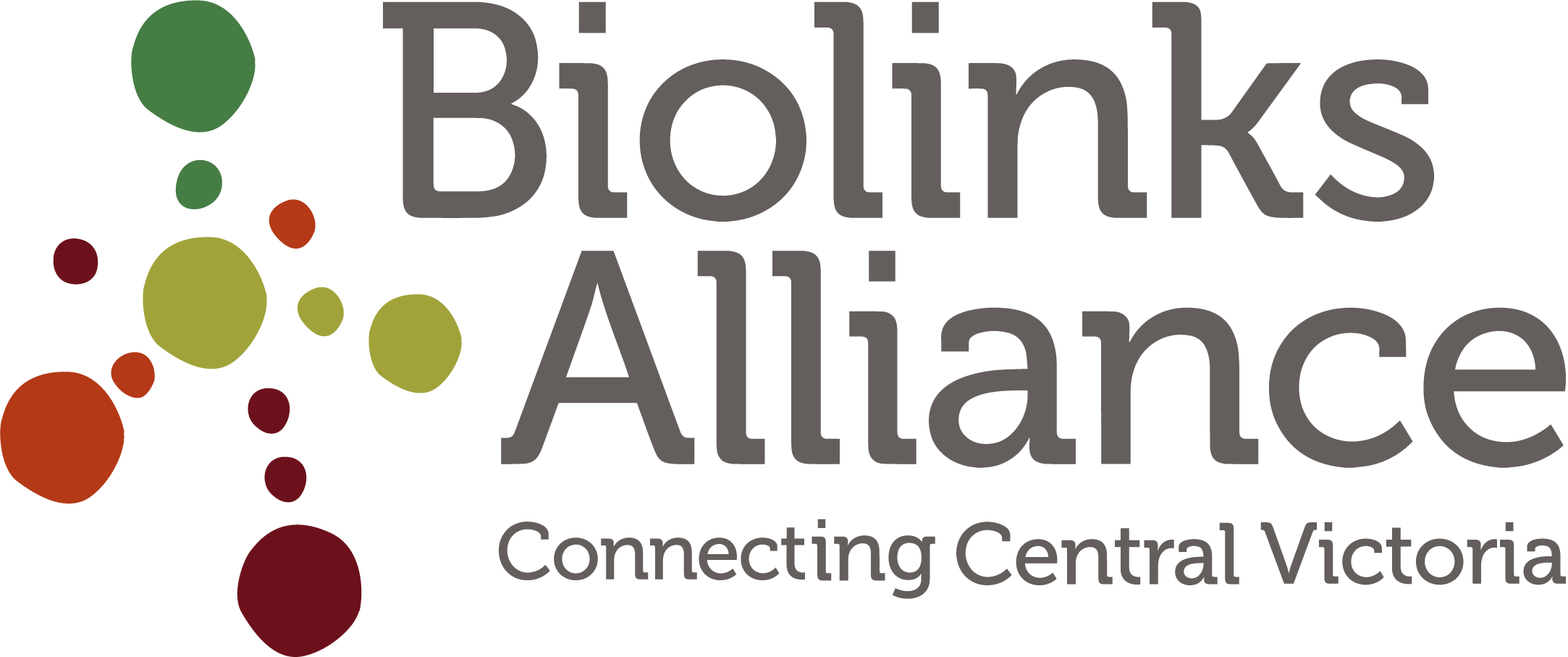VicBioCon24 - a vital meeting of expert minds but it can’t stop there…
By Biolinks Alliance Ecologist, Chris Pocknee
Earlier this month I had the opportunity to attend the annual Victorian Biodiversity Conference. When you head along to a conference like this, you hope the subject matter will push the innovative edges of your imagination and you’ll meet some of the scientific and influential minds leading the charge. #VicBioCon24 did not disappoint - two jam-packed days of sharing ideas, inspiring presentations and discussions, and networking with the state’s leading ecologists and land managers.
As we all know, the dire environmental crises we face are intensifying, and so too are the very necessary, catalytic responses from our scientists and leading thought-leaders.
The critical importance of habitat on private land for the conservation of Woodland Birds and Reptiles, the role of fire and other disturbances in shaping our local ecological communities, and some exciting, innovative approaches to ecological restoration were among the hot topics discussed. These are some of the key fundamentals that underpin the actionable change we do here at Biolinks Alliance.
A highlight for me was hearing about the Reef Builder initiative being led by The Nature Conservancy. It's a creative, collaborative approach to bringing back shellfish reefs right around Australia, including a well-established site in Port Phillip Bay. While this project might seem very different to what we’re doing at Biolinks Alliance, the level of innovation and creative ways of addressing ecosystem decline is in line with our philosophy on how to tackle large-scale issues.
Another highlight was a panel discussion ‘Not So Cute and Fluffy’, featuring experts from across different professions (from science and social science, to creatives and communications, and other leaders in the environment sector). The panel discussion included fascinating insights about ways to communicate science to the general public that truly informs and engages. The panelists’ different perspectives, shaped by professional experiences, meant they could offer diverse ideas of what to do (and not to do) when trying to mainstream and get everyone caring for our environment and wildlife (even the less cute and cuddly species!).
Speaking to the heart of what we believe at Biolinks Alliance - and a key theme of the entire conference - was the importance of collaboration and working together. Afterall, it will take each and every one of us to protect and restore our environment if we want to halt its alarming decline.
There were countless presentations of collaborative projects between university researchers, Traditional Owners, government land managers and scientists, and non-government organisations. And - so many examples of some great positive outcomes that would not have been possible without all of the partners working together towards shared aims. It's so apparent that this guiding, fundamental principle of collaboration governs the success of pretty much any innovation aimed at saving our environment.
Dr Kylie Soanes (from the University of Melbourne) presented unlikely alliances between ecologists, architects and design teams to provide 3D-printed hollows for Powerful Owls and floating wetlands for Waterbirds and Rakali in the Yarra River in the middle of Melbourne! Some innovations coming out of the urban ecology world can certainly be adapted to benefit wildlife in our regional and rural towns throughout Central Victoria.
It got my brain ticking about even more opportunities for collaboration for the work we do at Biolinks Alliance - with no shortage of interest in our Spring Plains Watershed Repair Pilot Project or the various projects that make up Glideways in Central Victoria.
With the tidal wave of pressure our natural environment is under, it’s uplifting to hear about some great outcomes achieved by working together. I’m particularly energised to engage with an increasingly wide range of partners and stakeholders as some of our key Biolinks Alliance large landscape projects progress in the near future - so make sure to get in touch.
